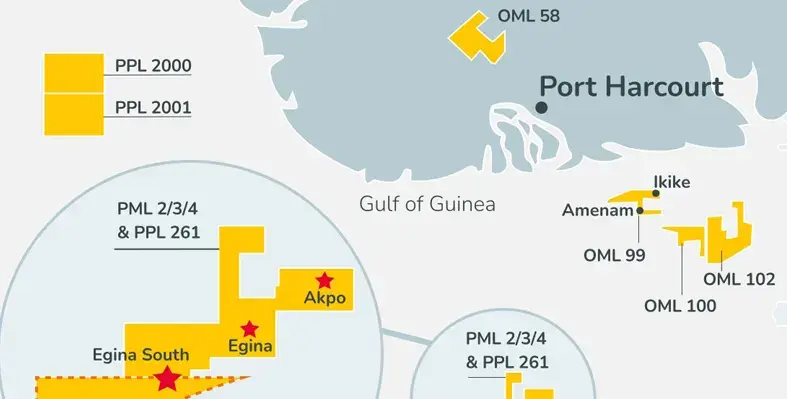Reconnaissance Energy Africa has completed drilling operations at the Kavango West 1X well located on Petroleum Exploration Licence 73 onshore Namibia
Brian Reinsborough, president and CEO, said, “ReconAfrica is excited to announce that the Kavango West 1X well has encountered hydrocarbon pay in the Otavi reservoir section. The results from this well have allowed the Company to proceed to a success case evaluation, which includes conducting a production test of prospective intervals to determine deliverability characteristics from the well. We are excited about what the results mean for the future of the Damara Fold Belt play on ReconAfrica’s lease position onshore Namibia which covers over six million prospective acres. I am also very proud of the ReconAfrica team who drilled this well safely, on schedule and on budget with strong local stakeholder engagement.”
The well reached a total depth (TD) of 4,200 m (13,800 ft) and conducted an extensive wireline logging programme. The well has been temporally abandoned and will be re-entered once testing equipment arrives in the first quarter of 2026.
Extensive wireline logging indicates ~85 m (~280 ft) of net reservoir with 64 m (210 ft) of net hydrocarbon pay across a gross interval of ~400 m (~1,300 ft) containing multiple limestone reservoir units. Mud and gas samples have been collected throughout the well and will be sent to the Unites States for analysis. No core samples were taken in this well.
Next, the company will be testing the well to establish flow rates from intervals of interest. This will help study the positive indications of hydrocarbon-saturated reservoirs based on wireline logs and oil and gas shows in addition to interpreted natural fractures in the limestone reservoir units, which should enhance deliverability of hydrocarbons.
A production test will be conducted to determine the deliverability characteristics of the intervals of interest within the Otavi carbonate section. The production test will be run in 5-inch production casing with Tubing-Conveyed Perforations (TCP) to selectively perforate intervals based on where hydrocarbon pay has been identified on wireline logs and where significant oil and gas shows were encountered. Intervals of interest will be the 64 metres of hydrocarbon pay identified on wireline logs and an additional 61 metres of oil and gas shows identified in the deeper sections where interpreted natural fractures in the limestone reservoir units should enhance deliverability of hydrocarbons. Planning and logistics have begun for this test, which is anticipated to occur in the first quarter of 2026 and should run for approximately one month in duration.












